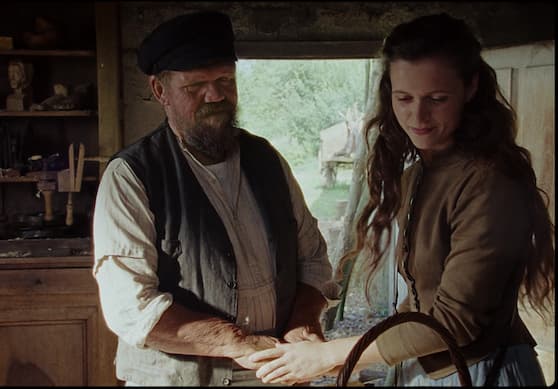
Fani Willis Comes Under Fire as Georgia’s GOP Lawmakers Plan Sweeping Restrictions Following Her Failed Prosecution of Trump
By A.R. HOFFMAN
|It’s a fine entertainment, but director Pietro Marcello is both too cautious and overly blunt when making the shift in tone. One character breaks into song, and we’re unsure of whether she’s breaking the fourth wall.


By A.R. HOFFMAN
|
By LUKE FUNK
|
By NOVI ZHUKOVSKY
|
By BRADLEY CORTRIGHT
|
By LUKE FUNK
|
By DONALD KIRK
|
By BRADLEY CORTRIGHT
|
By BERNARD-HENRI LÉVY
|Already have a subscription? Sign in to continue reading
$0.01/day for 60 days
Cancel anytime
By continuing you agree to our Privacy Policy and Terms of Service.